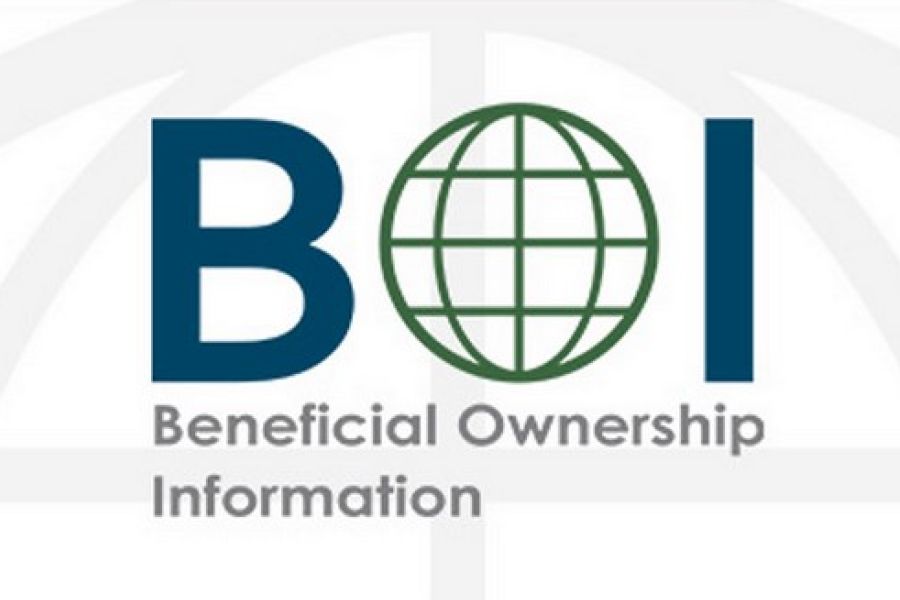17
Dec 2024
To File or Not to File: Navigating BOI Reporting After the Texas Injunction

The landscape of compliance with the Beneficial Ownership Information (BOI) Reporting requirement under the Corporate Transparency Act (CTA) has changed dramatically following a recent federal court decision. Here’s what businesses need to know about the current status and next steps.
.
Background on the Corporate Transparency Act
The CTA mandates that certain businesses report detailed information about their beneficial owners, officers, and control persons to the Financial Crimes Enforcement Network (FinCEN). This law, aimed at curbing money laundering, terrorist financing, and tax evasion, was set to see its first major compliance deadline on January 1, 2025. However, the path to enforcement has hit significant roadblocks.
.
Legal challenges have been mounting, with multiple lawsuits questioning the constitutionality of the CTA. A pivotal moment came when the U.S. District Court for the Eastern District of Texas issued a “nationwide” injunction against enforcement of the law on December 3, 2024, in the case Texas Top Cop Shop, Inc., v. Garland (2024 WL 4953814). This decision followed an earlier, more limited injunction that only protected the plaintiffs in another case from compliance.
.
Current Status of the Law
Despite the injunction, Bill Quick, Polsinelli’s (a law firm) Corporate Transparency Act Chair, emphasizes that the CTA remains legally active. “It’s still the law of the land. It’s in effect and hasn’t been overruled,” he told Thomson Reuters. FinCEN has updated its website to clarify that beneficial ownership reporting is now voluntary while the Texas court’s order stands. However, Quick notes, “the obligation to file has already accrued, there’s just no deadline associated with it.”
.
Mark Limardo, a partner at the law firm of Herrick Feinstein and head of the firm’s CTA working group, cautions that the injunction is preliminary. He worries about a scenario where the injunction could be lifted without a grace period, leaving businesses scrambling to comply.
.
Support and Opposition
Erica Hanichak from the FACT Coalition expressed confidence that appellate courts will affirm the CTA’s constitutionality. She highlights the law’s bipartisan origins under President-elect Trump’s first administration and notes the continued support from a broad coalition including banks, consumer protection, law enforcement, and environmental groups. She also points out that key figures in the incoming Trump administration, like Senators Rubio and Waltz, were instrumental in its passage.
.
What Should Businesses Do Now?
With the law’s enforcement temporarily stalled, businesses face a strategic decision:
.
- Finish and File: Entities close to completing their filings might opt to submit now, avoiding future effort. According to Quick, those “80+% of the way done” might just “get the filing done.”
.
- Prepare but Pause: Others might decide to gather all necessary information but hold off on filing until clarity returns.
.
- Wait and See: Businesses further from compliance might choose to halt all efforts until a new deadline is established.
.
Limardo suggests that the choice might hinge on the complexity of the entity and personal risk tolerance. For simple structures like a single-member LLC, proceeding might be straightforward, but for more complex entities, the decision could be costly and time-consuming.
.
What’s at Stake
The CTA’s aim is to make beneficial ownership information more accessible to law enforcement to combat financial crimes. Hanichak argues that the Texas ruling might inadvertently support illicit activities by delaying these tools. Quick adds that much of this information is already accessible to the government, just not as organized as with the CTA’s system.
.
As appeals move through the courts, potentially reaching the Supreme Court, businesses must balance compliance preparation with the uncertainty of legal outcomes. The CTA’s enforcement saga continues, but for now, businesses have a reprieve, albeit with the looming question of when, or if, enforcement might resume.
.
(This is Blog Post #1670)


